Antioch Council moves forward $2 million one-year non-police healthcare response program pilot
Tuesday, December 14th, 2021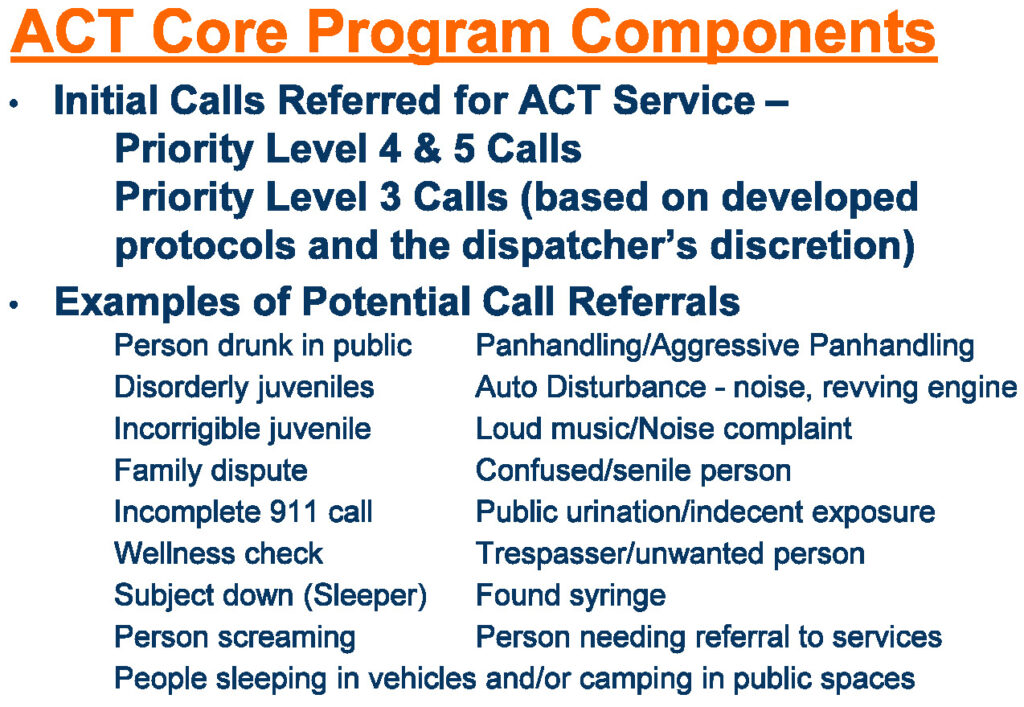
Antioch Care Team one-year pilot will operate 24 hours, 7 days a week at an estimated cost of $1.8 to $2.2 million
By Allen Payton
During the Antioch City Council voted unanimously to formally accept the Final Report from Urban Strategies Council for the Antioch Care Team Program Pilot and direct City staff to proceed with the process to hire an organization to operate it. The one-year pilot program at an estimated cost of $1.8 to $2.2 million, is projected to begin in June 2022 with full implementation beginning in October 2022.
According to the City staff report, “following a panel interview process that included the Interim Police Chief, City Attorney, Youth Services Network Manager and Medical Director from the Contra Costa Fire Protection District, the City selected and engaged Urban Strategies Council in late July of 2021. Urban Strategies Council is a research and advocacy organization dedicated to social, economic, and racial equity. They aim to hold institutions and systems accountable to community needs. Prior experience in developing local adaptations of community crisis response models and the organization’s mission were determined to align with the City’s intent to design a program that recognizes and incorporates the complexity of Antioch’s diverse needs.”
During the August 10th Antioch City Council meeting the not-for-profit social justice organization was introduced and hired to design a mobile, mental health crisis intervention model for the City of Antioch, to address non-emergency calls using well-trained community respondents. (See related article)
According to the 219-page report by Urban Strategies Council, “The desired impacts of ACT are to: reduce non warrant arrests that result during a 911 response; reduce the number of individuals transported to the emergency department for non-life threatening medical-related issues that could instead be addressed in a pre-hospital care setting; and reduce the number of behavioral health and lower acuity medical calls traditionally responded to by Police and Fire.”
David Harris, President and CEO of Urban Strategies Council said it will be 24-hour, citywide healthcare, non-police response model for low-level 9-11 calls which will reduce arrests and save money for the police department.
He read from his organization’s report saying, “Cities across the country, including the City of Antioch (CA), are working to advance innovation and best practices in local law enforcement and public safety services. Specifically, in non-violent, non-health (life-threatening) response situations where a gun and badge isn’t needed or helpful, both the individuals involved, and the police are better served by alternative non-police responses.”
According to the report, “From 2018 to 2020, the Antioch Police Department (APD) received approximately 90,000 911 calls for service per year. In 2020, 4,142 of the total calls were either for homelessness-related or mental health/drug-related issues. Of these calls, approximately 1,373 were categorized as potentially low-level calls.”
Types of Calls ACT Will Respond To
Also, according to the report, “For the pilot program, APD Dispatch will refer calls from priority levels 4 & 5 to the ACT unit, with some priority level 3 calls (based on developed protocols and the dispatcher’s discretion). Initially, ACT will respond to dispatch-referred calls initiated through the 911 system. A sample of the call situations that ACT may respond to includes: Person drunk in public Panhandling/Aggressive Panhandling Disorderly juveniles – group Auto Disturbance – noise, revving engine Loud music – Noise complaint Incorrigible juvenile Confused/senile person Family dispute Incomplete 911 call Public urination/indecent exposure (without criminal intent) Wellness check Subject down (typically a resident asleep in public) Trespasser/unwanted person Found syringe Person screaming Person needing referral to services w/o access to phone People sleeping in vehicles and/or camping in public spaces.”
The primary design components of the program include: Program scope, Core personnel, Support personnel, Staff development, Pilot facilities, Community outreach / engagement, Prevention planning, APD integration, Evaluation planning, Program budget, Pilot startup phases / timetable, and APD call referrals.
The Antioch Care Team will consist of a program director, community response specialist, an EMT, case manager/network developer and a clinical coordinator. It will take about 14.5 full-time equivalent employees to staff the 24-hour operation.
“We recommend a one-year pilot after the vendor is selected,” Harris said. “It’s scheduled to coincide with the end of your Fiscal Year 2023.”
Five members of the public spoke in favor of the program, including Angelo Quinto’s aunt, sister and father.
In response to a question from District 1 Councilwoman Tamisha Torres-Walker about costs, Interim Antioch Police Chief Tony Morefield said, “I’ll say that we’ve been supportive of this process from the start. The only costs I see would be police radios.”
“The one thing that was brought up was coordinating with the county. I want to make sure we are in partnership with the county going forward,” said District 3 Councilwoman Lori Ogorchock. She also asked about costs.
“Being that this would be a non-profit organization we did not include pension costs for employees,” Harris responded.
With no further discussion the council adopted the resolution on a 5-0 vote.
To see the complete report, visit Antioch-Care-Team.pdf (antiochca.gov)











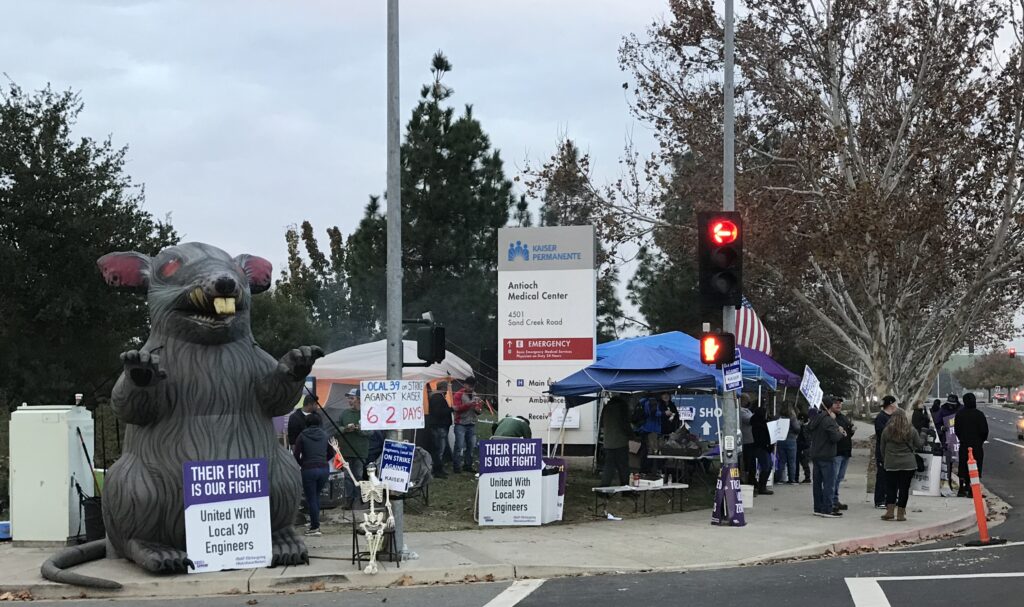
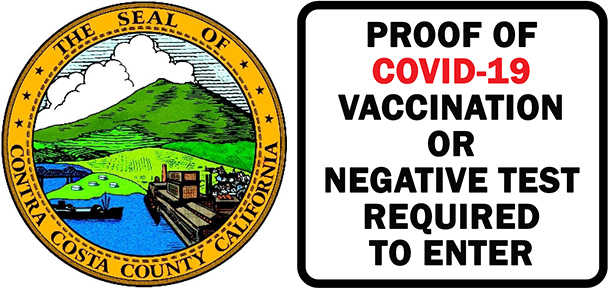
 East County Groundwater Sustainability Plan Approved
East County Groundwater Sustainability Plan Approved
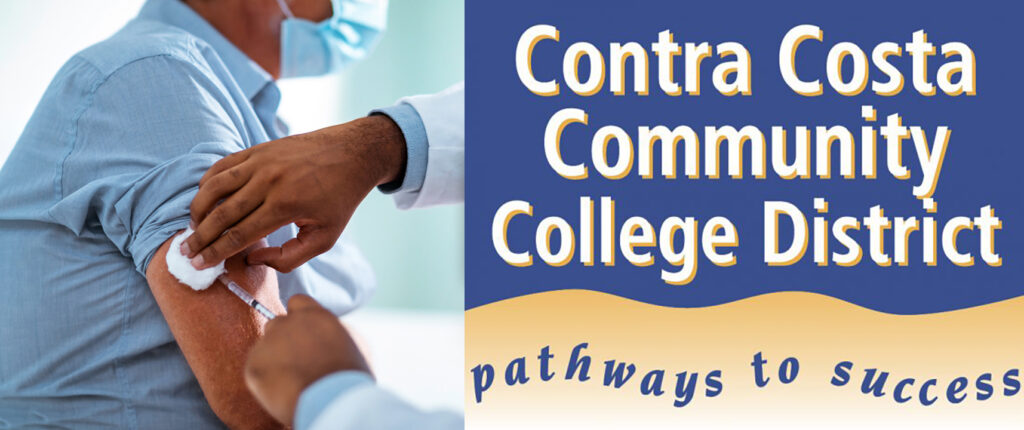

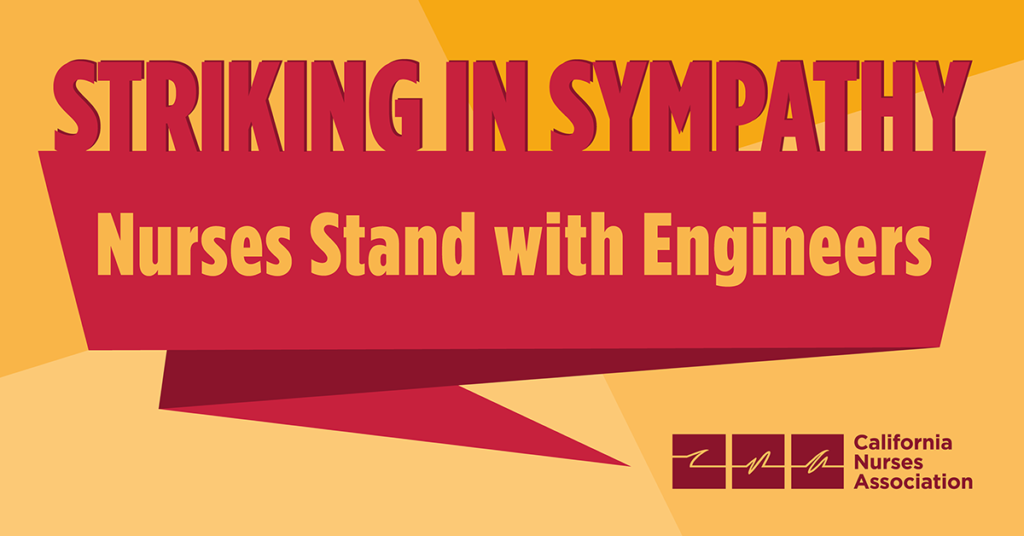
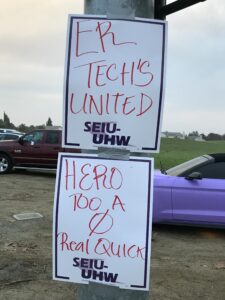
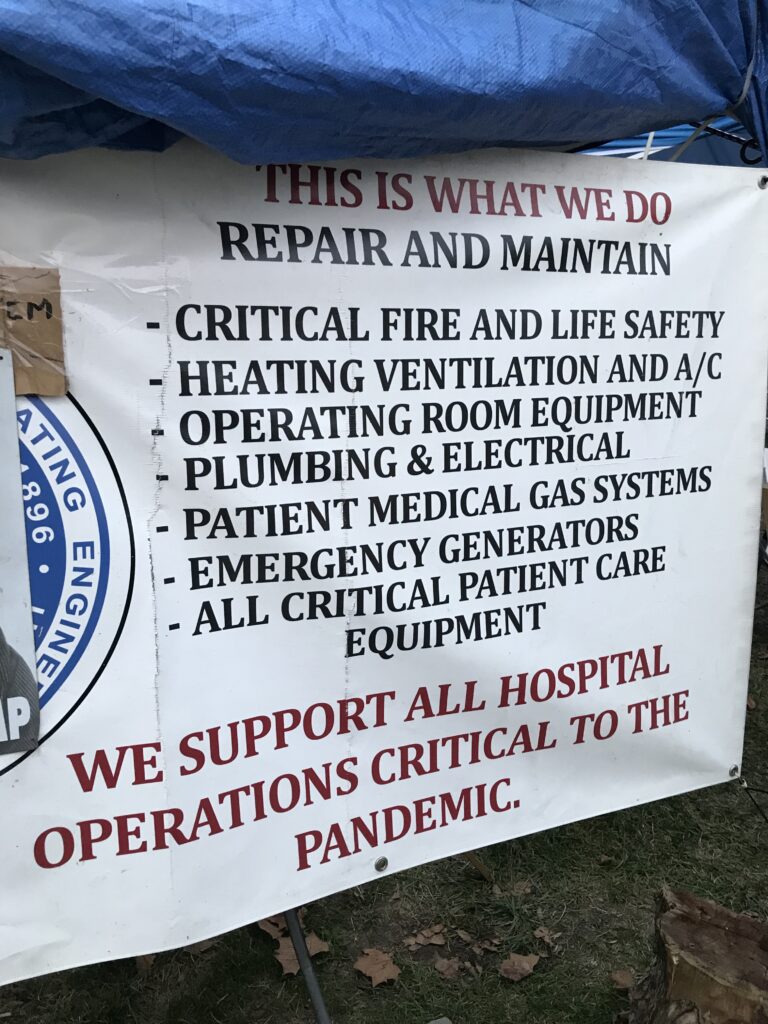
 In response to the planned healthcare worker strikes beginning today and tomorrow, Thursday and Friday, Nov. 18 and 19, Kaiser Permanente issued the following statement:
In response to the planned healthcare worker strikes beginning today and tomorrow, Thursday and Friday, Nov. 18 and 19, Kaiser Permanente issued the following statement:














